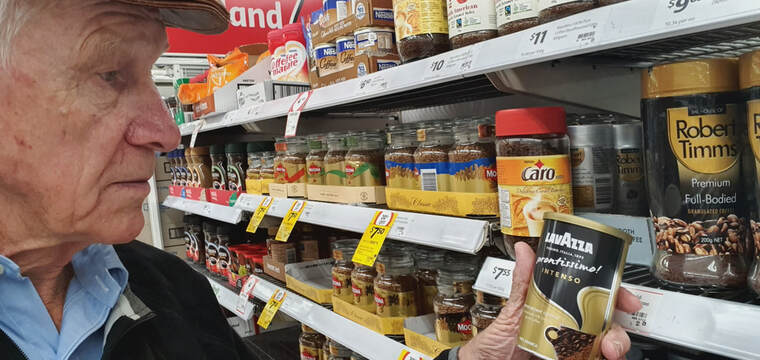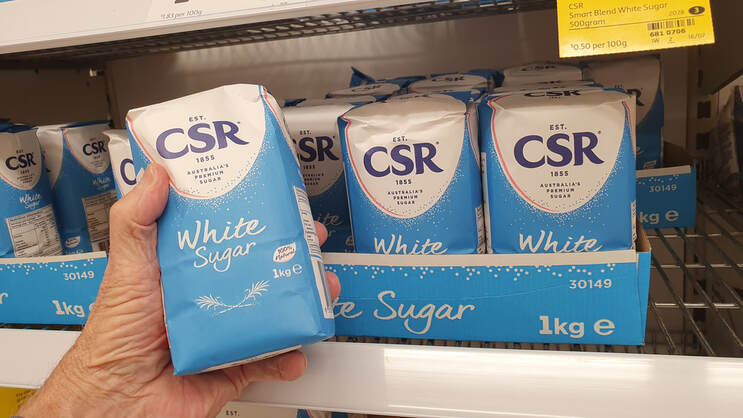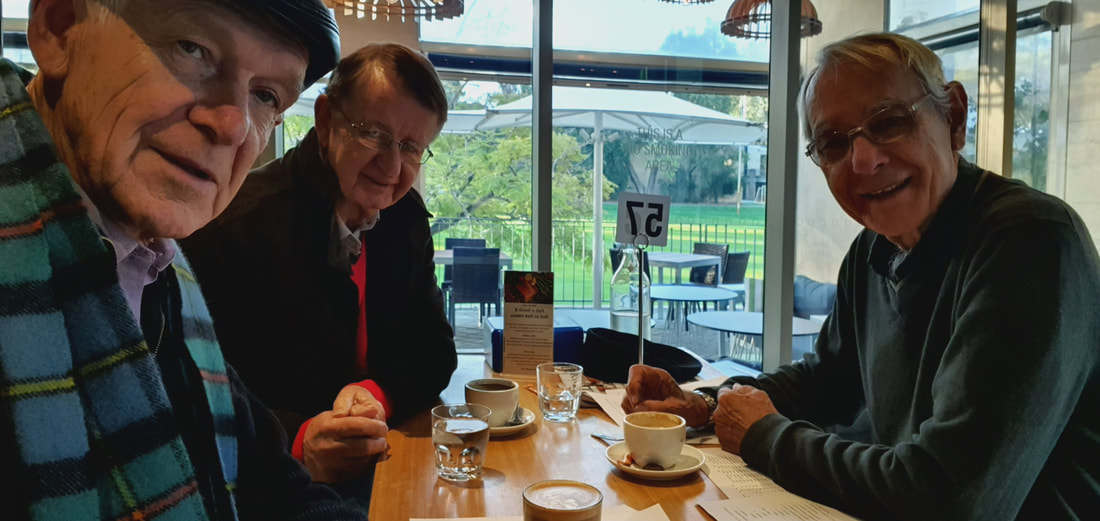Miscellaneous items #009Na kavu, po kavu, ili za kavu?
What is the Croatian translation of the word "for"?
We native speakers of engleski seem to always want to translate the word “for” into hrvatski as za. But be careful … During a lesson with my teacher Mateja at Speakcro, I (wrongly) said “Idem za kavu” when I intended to say that I was going for a coffee. Well, za means “for” doesn’t it?
Mateja: Sorry, but that sentence doesn’t really have any meaning to us. Za is an inappropriate preposition in this context.
Bob: Oh? I thought that za means “for”? OK then, how would you say it. Mateja: Well that depends on whether you are going to have a coffee (with a friend, perhaps), or whether you have run out of coffee at home and you are going to get some more. Bob: Well let’s suppose that I am going for a coffee with a friend. Mateja: Idem na kavu. Bob: Eh? I am going on a coffee? Mateja: Stop trying to make literal translations into English, Bob. In this sentence, na does not mean “on” to us. I realise that you say “I am going for a coffee”, but it might help you to think “I am going to have a coffee with my friend” or “I am going out to an occasion of having a coffee with my friend”. Bob: Aha! That’s a big hint. Yes, we’ve talked about this before. When we are going to an event or an occasion (or if we are already there), the appropriate preposition is na (rather than u or za).
Yes, if we think of having a coffee with a friend as an occasion, then the use of na is consistent with, for example, Idem na koncert or Došao sam na utakmicu or Ja sam na zabavi.
In fact there is a discussion of this in another post: Which preposition – “u” ili “na”?
Bob: OK, thanks. And supposing that I have run out of coffee at home, and I am going to the shop for some more? Mateja: That would be Idem po kavu. Bob: Oh!!! How do you explain that? Mateja: Easily. Što je, tu je. It is what it is. How can you explain that the Croatian word for “house” is kuća? It just is. Bob: Oh yeah, and I have another post on the saying Što je, tu je.  Došao sam po kavu. Koju vrstu ću kupiti? Došao sam po kavu. Koju vrstu ću kupiti?
Bob: So za does not mean “for”? Mateja: Well, not in the two situations that we have talked about, but in some contexts za does indeed mean “for”. Especially if we want to use something for a particular purpose. So we would use za in an answer to the question Za što? (not zašto) - meaning “for what?” or “what for?” Bob: Eh? For example? Mateja: Well, for example, I went to the supermarket with my father this morning. I saw him take some sugar from the shelf. I questioned what we needed it for - for pancakes, for coffee, or for ......?  Za što trebate šecer, tata? [What do you need the sugar for, Dad?] Dad: Za kavu. [For (my) coffee.] Za što trebate šecer, tata? [What do you need the sugar for, Dad?] Dad: Za kavu. [For (my) coffee.]
Bob: I see! Then let me try some other situations that use za in this way …. Tražim kabel za moj kompjuter. I am looking for the cable for my computer. That could be an answer to the question Za što tražite kabel? and ..... Za što to pišeš? To je tekst za blog. And wouldn’t the same apply if the question is Za koga? (as well as Za što?) Let me think ……….. Yeah. Za koga kupuješ poklon? Kupujem poklon za Mariju. I am buying a gift for Marija. Mateja: Točno! Bob: So, in some contexts, za does mean “for” – just as I said at the start? Mateja: Yes, but only in some contexts. But not when you want to say “I am going for a meeting with Frank”. And not when you want to say “I am going to the market for some vegetables”. You would, however, use za when you want to express a use or a purpose for something. Bob: Got it. Kužim! Idem na sastanak s Frankom. Na putu, ću ići na tržnicu po povrće. Mateja: Za što trebaš povrće - za juhu ili za wok, ili za što? Bob: Za juhu. Mateja: Ali ja znam da ti ne voliš juhu. Za koga ćeš napraviti juhu - za majku, za djeda, ili za dijete? Bob: Za djeda.
I saw Mateja’s fleeting smile …….. I was chuffed. But I wish it hadn't been that fleeting!
Once again, I have realised that I need to think in Croatian, rather than to translate literally into English before translating back into Croatian. That causes brain fades! Žurim …. U kuhinji je dosta mlijeka za doručak. Baka će doći uskoro na doručak, ali prije toga moram ići po žitaricu.
Getting around
You can browse or search this website in the following ways:
AHA! Learning Croatian with Bob
Correspondence: [email protected]
1 Comment
Daniel N.
16/11/2021 22:21:09
In some contexts, za actually means "after". And that explains use "vraćam se za dva dana" (I'm coming back in two days).
Reply
Leave a Reply. |
